11 Expert Tips To Become The Best Dog Owner You Can Be
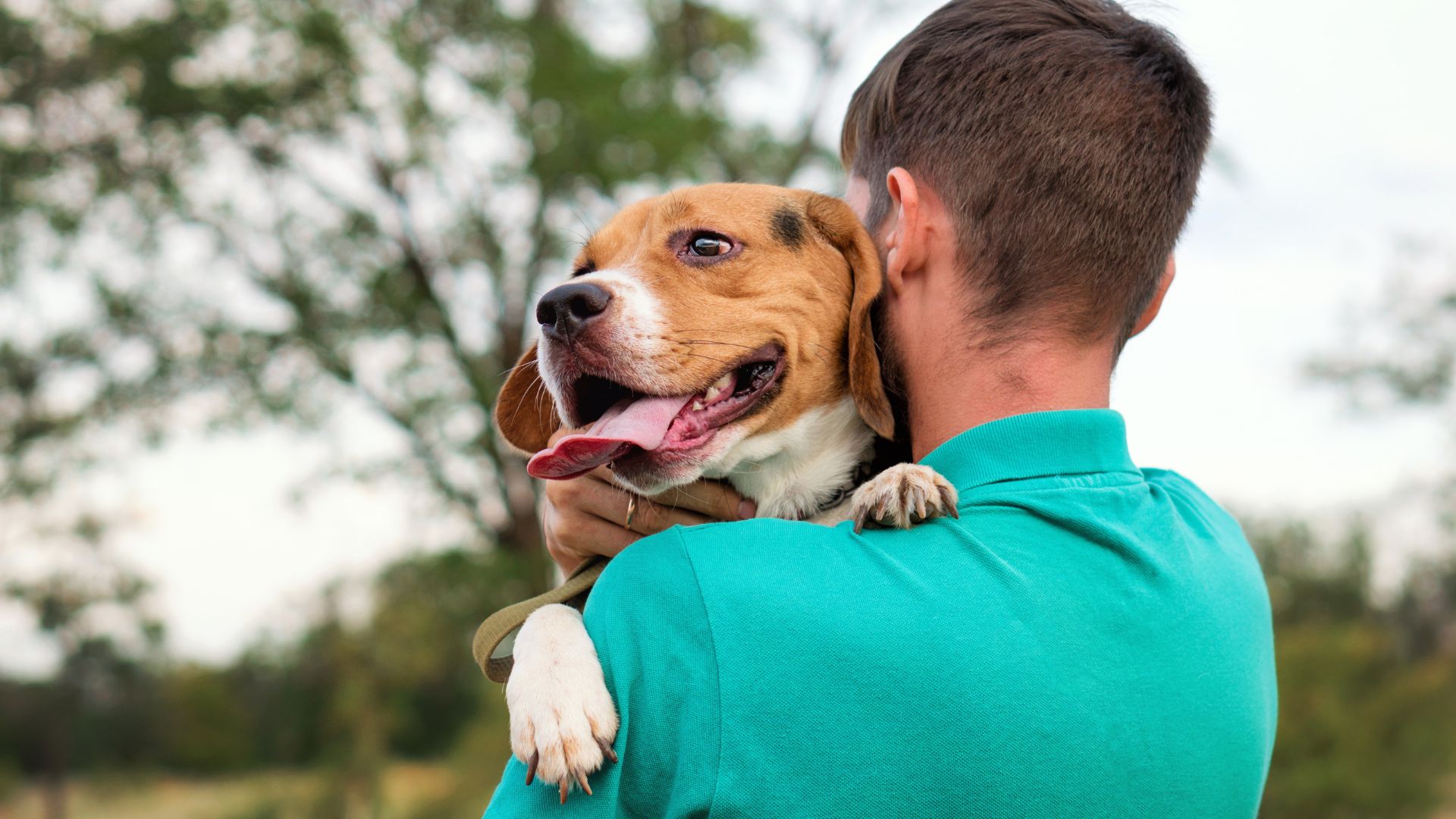
Becoming the best dog owner requires dedication, knowledge, and a deep understanding of your furry companion’s needs.
From proper training to maintaining a healthy lifestyle, these expert tips will guide you in nurturing a happy and harmonious relationship with your dog. Embrace the journey of dog ownership with these insightful suggestions.
1. Understand Your Dog’s Breed
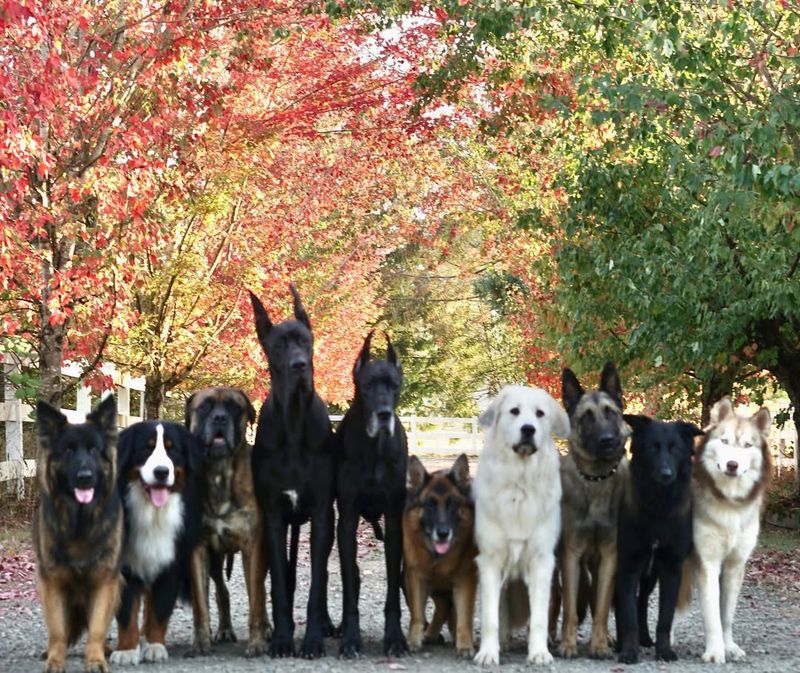
Understanding your dog’s breed can provide insights into its behavior, needs, and potential health issues. This knowledge allows you to tailor care accordingly.
Different breeds have distinct characteristics, like energy levels and social needs, which influence their lifestyle requirements.
Recognizing these traits helps in providing the right environment and activities, ensuring mental and physical well-being. For example, high-energy breeds may need more exercise, while others might require more companionship.
2. Provide Balanced Nutrition
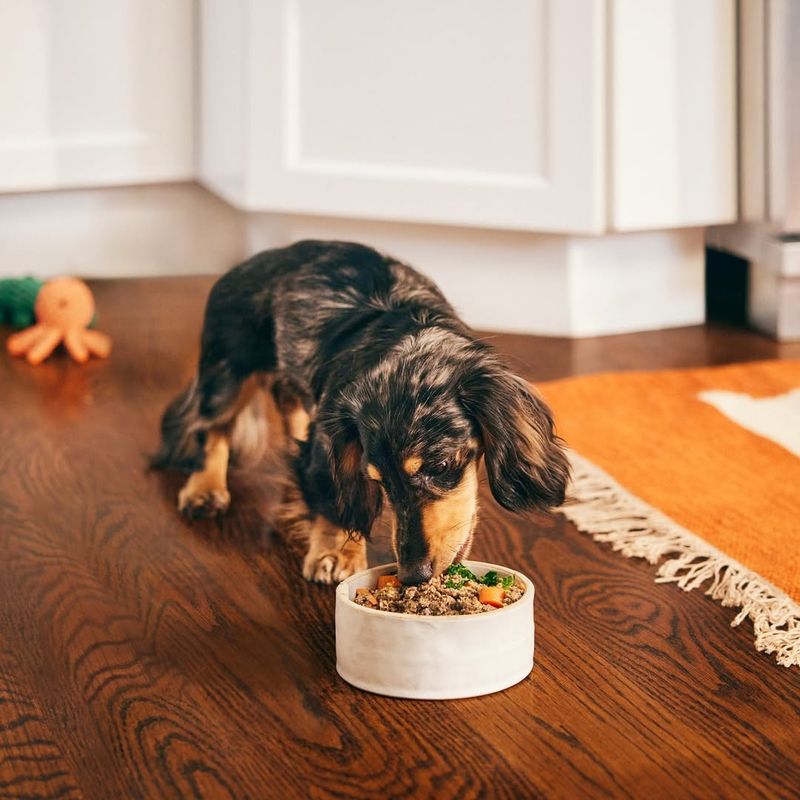
A healthy diet is fundamental for your dog’s overall well-being. Providing balanced nutrition ensures your dog gets essential vitamins and minerals. It’s crucial to choose high-quality food suited to your dog’s age, size, and health condition.
Incorporating fresh ingredients like lean meats and vegetables can enhance their diet. Consulting a veterinarian for personalized dietary advice can prevent common health issues.
3. Regular Exercise And Playtime
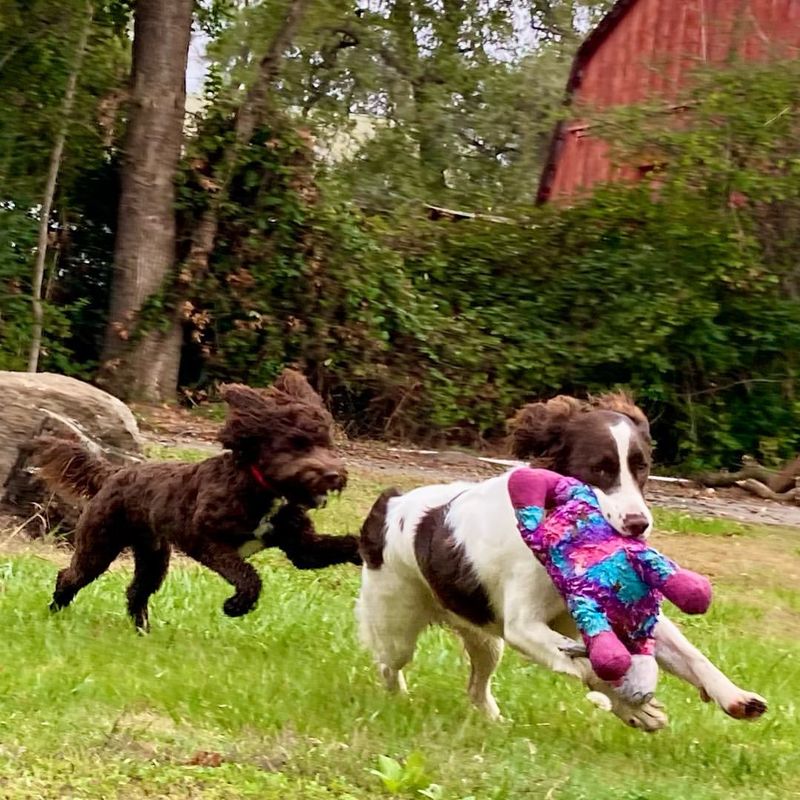
Regular exercise is vital for maintaining your dog’s physical health and mental stimulation. Engaging in activities like walking, running, and playing fetch strengthens your bond.
Different breeds have varying exercise needs, so tailor activities to suit your dog. Playtime also provides socialization opportunities, essential for their behavioral development. Consistent exercise prevents obesity and related health issues like joint problems.
4. Provide Consistent Training
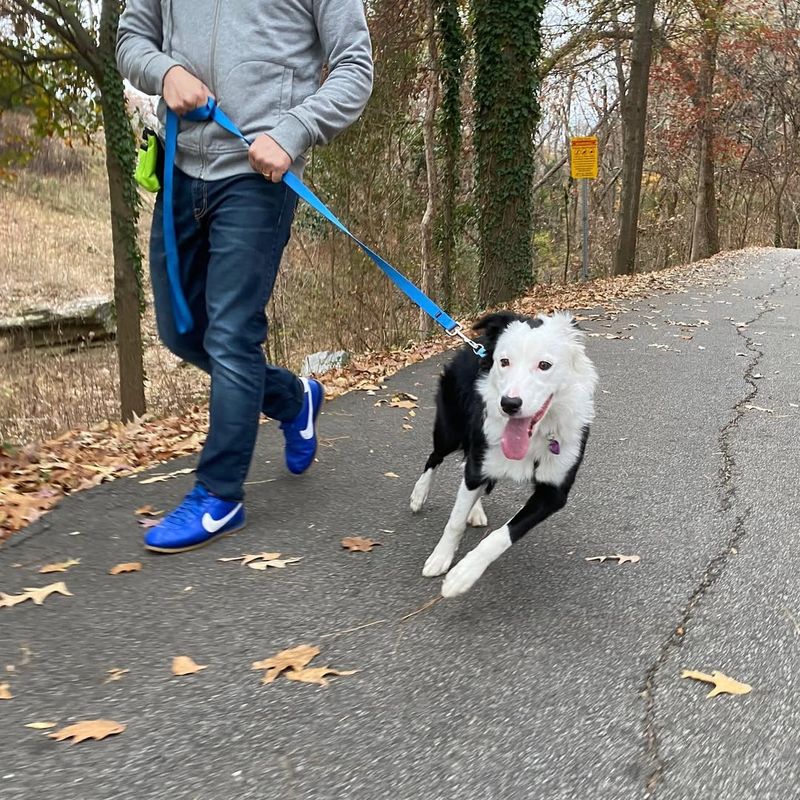
Consistent training establishes clear communication between you and your dog, promoting positive behavior. Start with basic commands like sit, stay, and come to build a foundation of understanding.
Positive reinforcement is crucial for effective training, using treats and praise to encourage desired actions. Patience and persistence are key, as dogs learn at different paces. Training sessions should be short but regular to maintain interest and effectiveness.
5. Ensure Proper Socialization
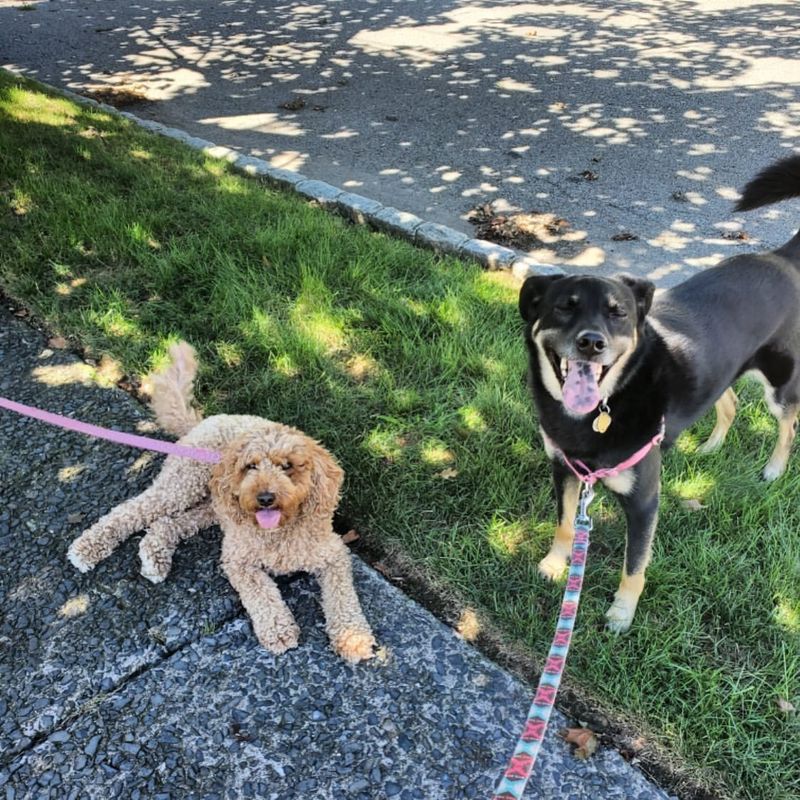
Socialization is essential for your dog’s behavioral health. Exposing them to different environments, people, and animals helps them adapt and react positively.
Early socialization prevents fear and aggression, fostering a friendly and confident demeanor. Regular interactions with other dogs and people also provide mental enrichment.
6. Regular Vet Check-ups
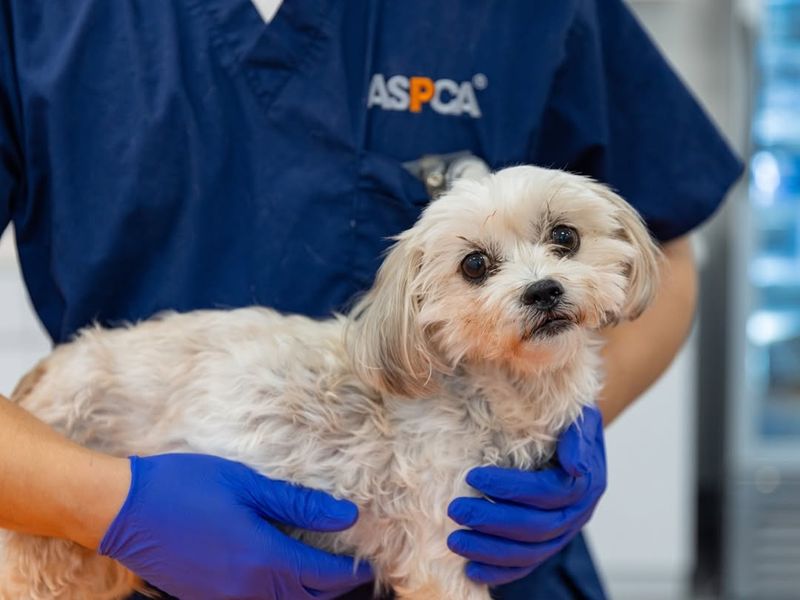
Routine vet check-ups are crucial for your dog’s health and longevity. Regular examinations help detect potential health issues early, ensuring timely intervention.
Vaccinations, dental care, and preventive treatments like flea and tick prevention are vital components of vet visits. These protect your dog from common diseases and parasites.
7. Create A Safe Home Environment

Creating a safe home environment is paramount to your dog’s safety and comfort. Remove hazards like toxic plants, chemicals, and small objects that can be swallowed.
Ensure your home is secure, with fenced yards and pet-friendly spaces. Providing comfortable resting areas and access to clean water is essential.
8. Groom Your Dog Regularly
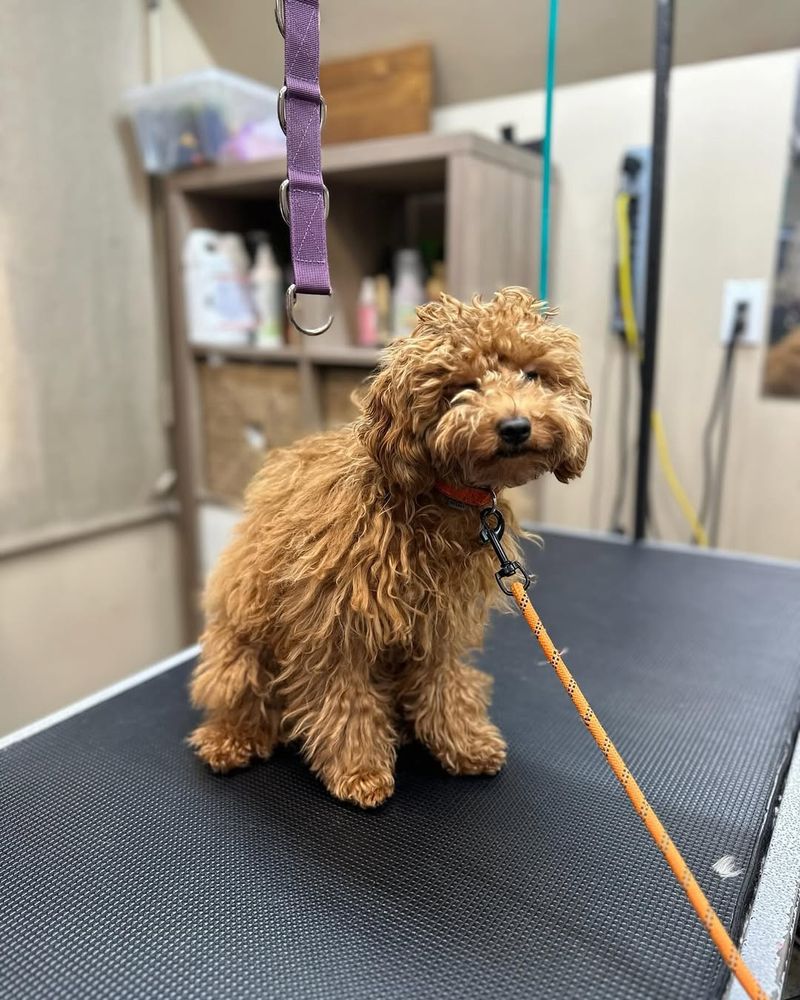
Regular grooming is vital for your dog’s health and appearance. Brushing removes dirt, reduces shedding, and promotes healthy skin. Bathing should be done as needed, using dog-specific shampoos.
Nail trimming prevents discomfort and potential injury, while ear cleaning avoids infections. Different breeds have specific grooming needs, so tailor the routine accordingly.
9. Spend Quality Time Together
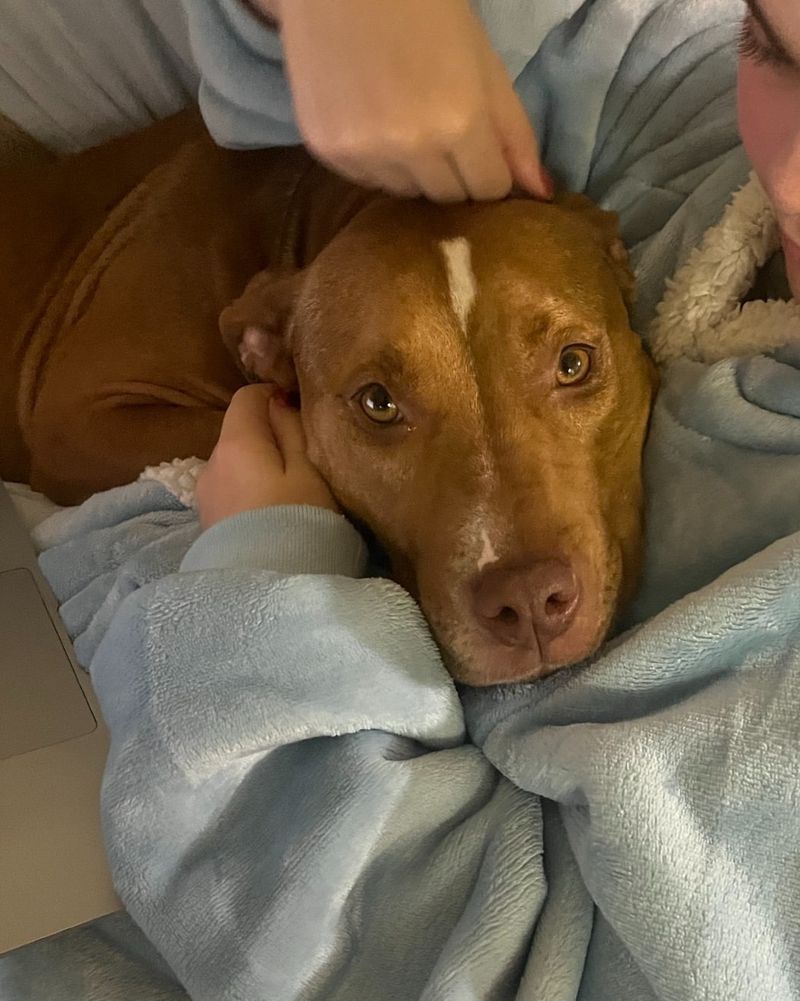
Spending quality time with your dog strengthens your bond and enhances their well-being. Activities like picnics, hikes, or just lounging together create cherished memories.
Interactive games and affectionate gestures show your love and attention. Being present in these moments reinforces trust and loyalty.
10. Understand Canine Communication

Understanding canine communication enhances your relationship with your dog. Dogs express themselves through body language, vocalizations, and facial expressions.
Recognizing signs like wagging tails, ear positions, and barking tones helps you respond appropriately. This awareness prevents misunderstandings and strengthens mutual respect.
11. Be Patient And Loving

Patience and love are the cornerstones of effective dog ownership. Every dog progresses at its own pace, requiring understanding and compassion.
Showing love through gentle interactions and consistent care builds trust and happiness. Patience is especially crucial during training and behavior correction.






